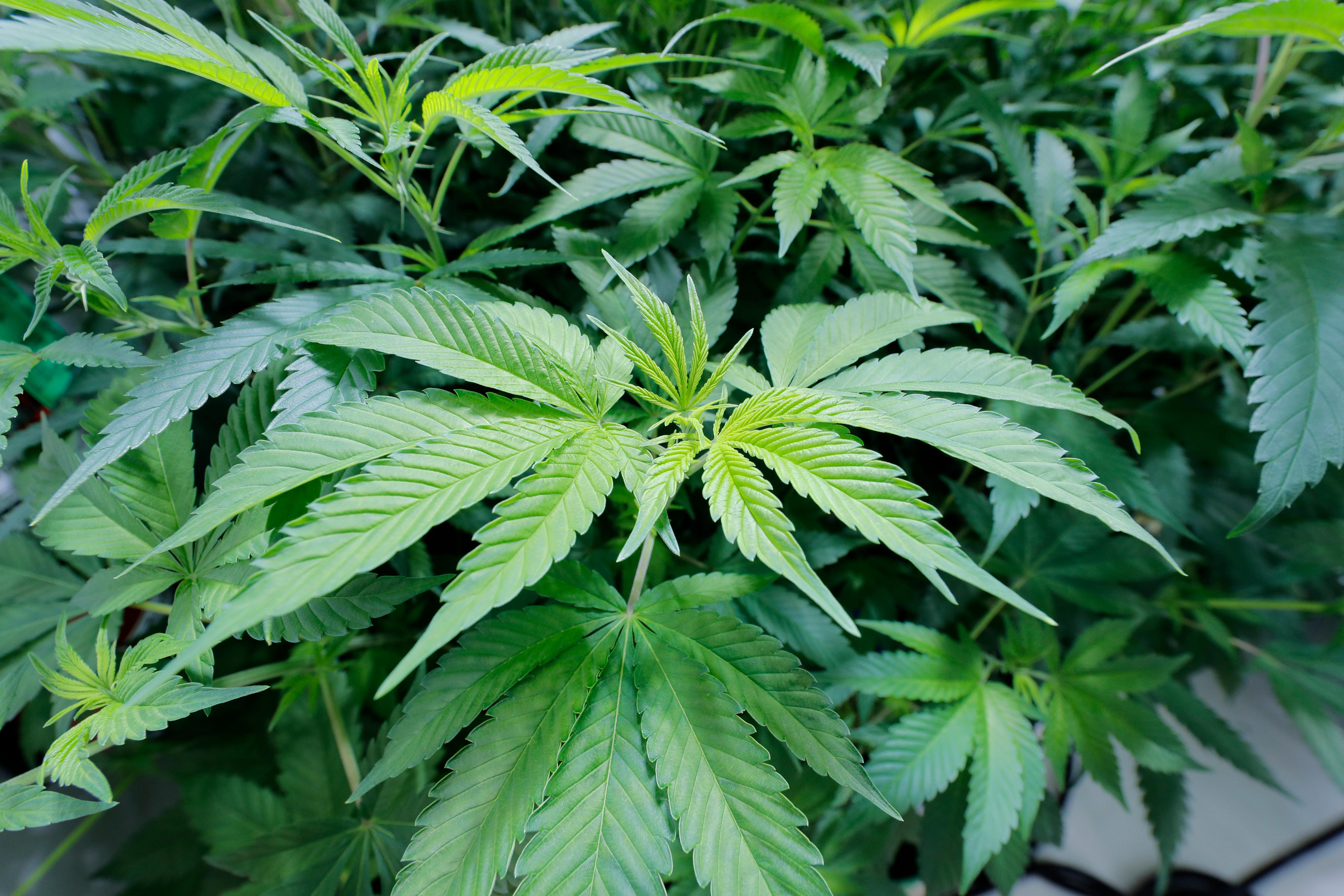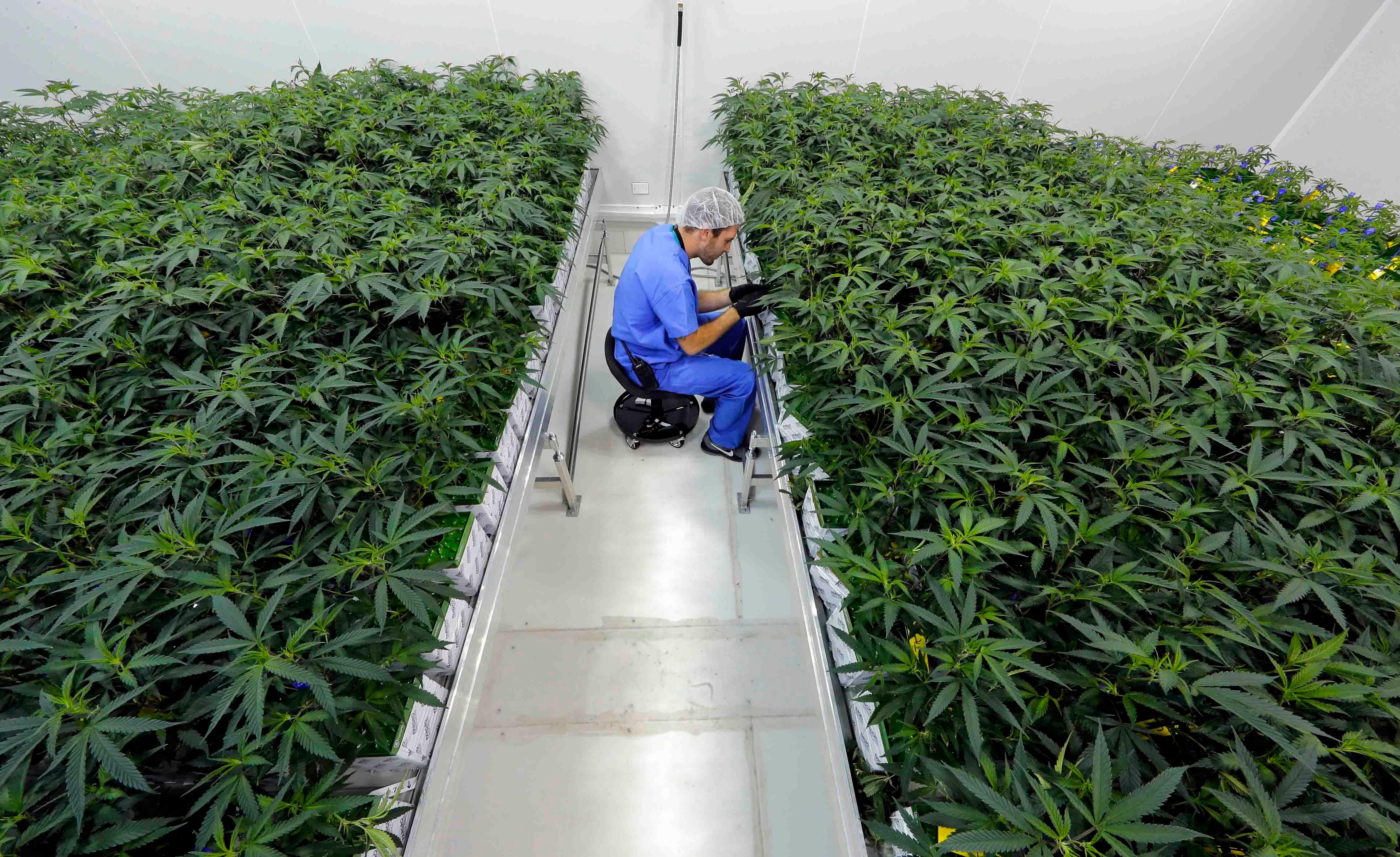Following a review, federal health officials recommended in August that marijuana should be relabeled as a Schedule III substance, citing a more limited public health impact relative to other drugs. At a briefing Monday, White House Press Secretary Karine Jean-Pierre said the Department of Justice is considering that review.
Former New Orleans Police Department Superintendent Ronal Serpas is among the proponents of the policy change. He signed a letter to President Joe Biden urging his administration to support it, along with 31 other law enforcement leaders.
The Gulf States Newsroom's Kat Stromquist caught up with Serpas to discuss the policy and what it could mean for criminal justice.
The following conversation has been edited and condensed for clarity.
You're a career law enforcement guy who now teaches and heads the group Law Enforcement Leaders to Reduce Crime & Incarceration. What got you interested in marijuana policy?
Well, it begins with I grew up in the ‘70s. Many people of my age group obviously smoked marijuana, and I would never say that I didn't. So I'm familiar with it, not only as an academic and a professor and a police officer but as a young person. I smoked marijuana as well.
Across the country, what's really become more interesting to me and my colleagues in law enforcement [and] academia is that so far, 38 states have made a statement in one form or another [on] what they think about the construction of marijuana is in America — and it's changing.
The next level of it is, what do you do once the laws are passed? Many of my colleagues who are retired like I am now, but who were in the middle of this when it first started, recognize that if the public decides to make marijuana legal, then the rest of the system should adapt to it, which would help reduce the illegal market.
The point here for those of us who think this way — not my entire organization, obviously — is that by making this recommendation to the government to move it to a Schedule III, it may help us in the enforcement of the illegal market.
You joined dozens of colleagues to ask the Biden administration to change marijuana from a Schedule I to a Schedule III substance, and federal health officials want that, too. What exactly do those schedules mean?
The [Controlled Substances Act] lays out, essentially, levels of potential harm to people using drugs that have high addictive qualities. High addictive qualities have tremendous social and economic impacts on people. Schedule I, right now, would be crimes like heroin, LSD, ecstasy and those types of crimes. Marijuana is currently still a Schedule One crime.
Schedule III, which has a far lower potential for physical or psychological dependence, would be where we think marijuana and the government thinks it could fall. Thus, it wouldn't be a significant violation of controlled dangerous substances [law]. It would be seen as something maybe not as benign as Tylenol or codeine under prescription, but it would not be the same as what it is now: heroin, LSD, ecstasy, etc.





